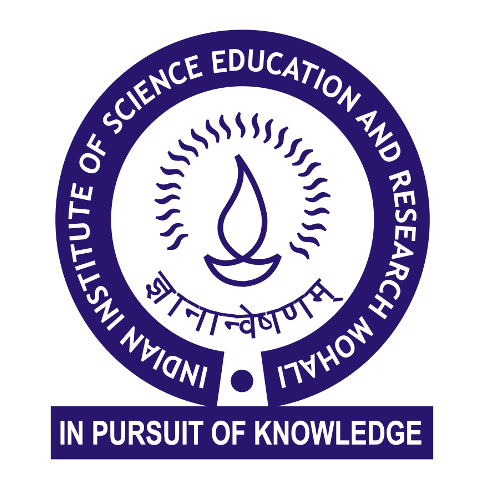Events Calendar
Understanding aspects of TCA cycle metabolism in the malaria parasite Plasmodium
Wednesday 26 March 2025, 05:00pm
Prof. Hemalatha Balaram (JNCASR Bangalore)
Location : LH6
Abstract: Malaria caused by Plasmodium spp. continues to be a major disease burden in many developing countries of the world. This has been complicated by the emergence of drug resistant parasites and the absence of a vaccine with full efficacy. Plasmodium spp. require two hosts, the invertebrate mosquito and the vertebrate to complete its life cycle. As the different stages of the Plasmodium reside in different niches in the two hosts, the availability of nutrients varies and thereby the metabolism operating in the parasite. Metabolism consists of a series of anabolic and catabolic processes, the importance and evolutionary advantages of which are evident from its conservation across all life forms. The understanding of metabolism has moved from individual enzymes and metabolites to the complicated network we see today. Using P. berghei, the rodent malaria parasite, we have addressed the essentiality of enzymes and transporters involved in TCA cycle anaplerosis across the erythrocytic and early sexual stages of the parasite life cycle. Isotope tracing using LC-MS, on wild type and specific gene-knockout parasites has enabled the monitoring of metabolic alterations arising from abrogation of anaplerosis.
website policy
Connect with us
IISER Mohali, Knowledge city, Sector 81, SAS Nagar, Manauli PO 140306
Telefax : 2240266, 2240124
-
+91 - 172 - 2240266
- +91 - 172 - 2240266


